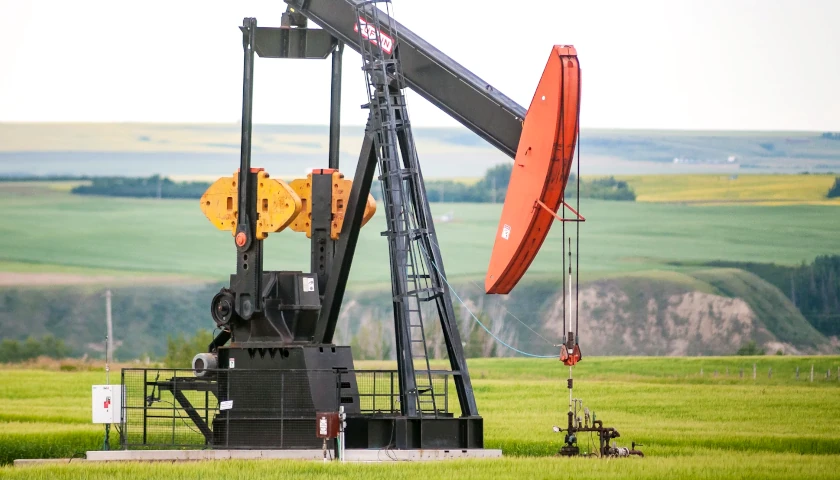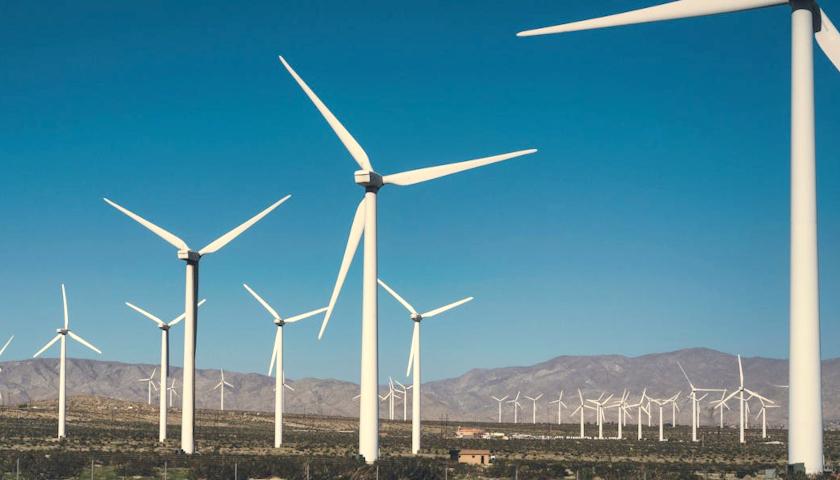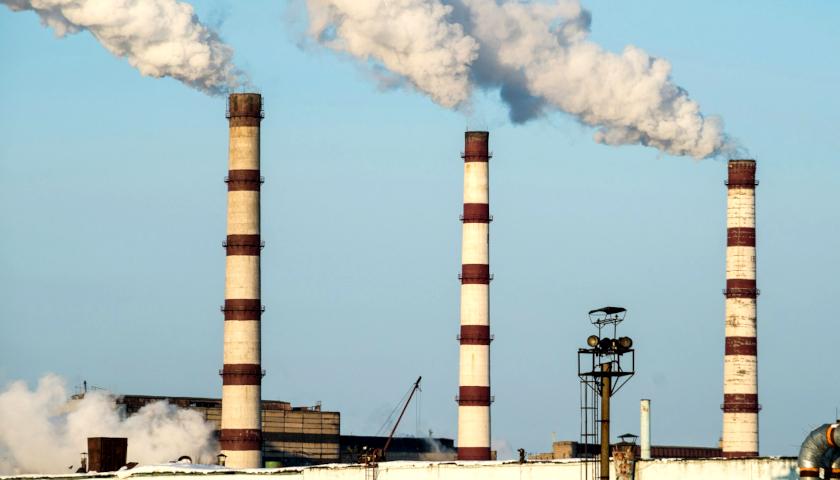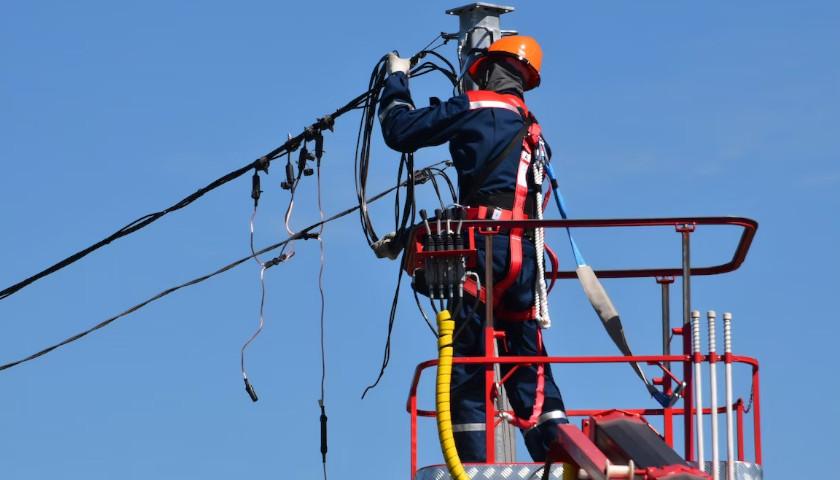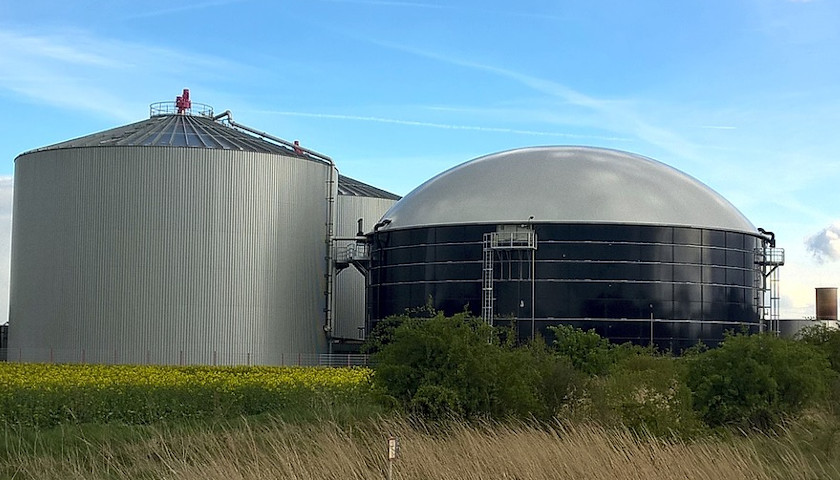The Biden administration moved on Thanksgiving eve to bar future coal leasing in the Powder River Basin, one of America’s most coal-rich regions, according to multiple reports.
The Powder River Basin, a region that spans parts of Montana and Wyoming, accounted for about 43% of U.S. coal in 2019, according to the U.S. Energy Information Administration. The administration made its move to formally end coal leasing in the area and roll back previous approvals for development plans on Wednesday as Americans prepared to enjoy the Thanksgiving holiday, according to E&E News.
Read More
